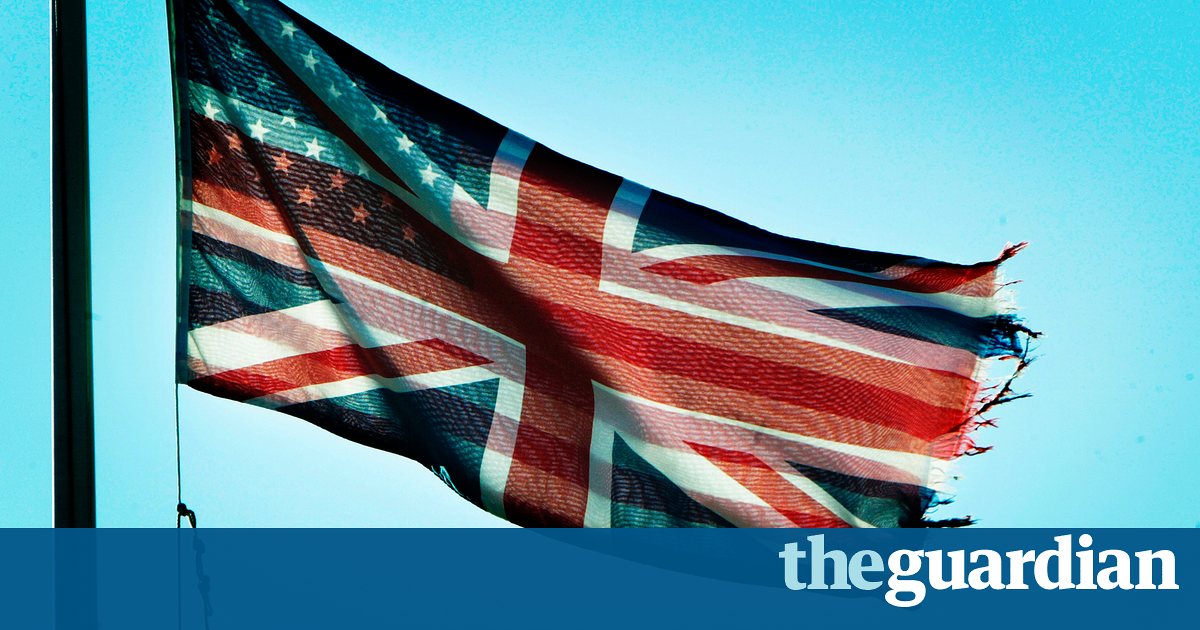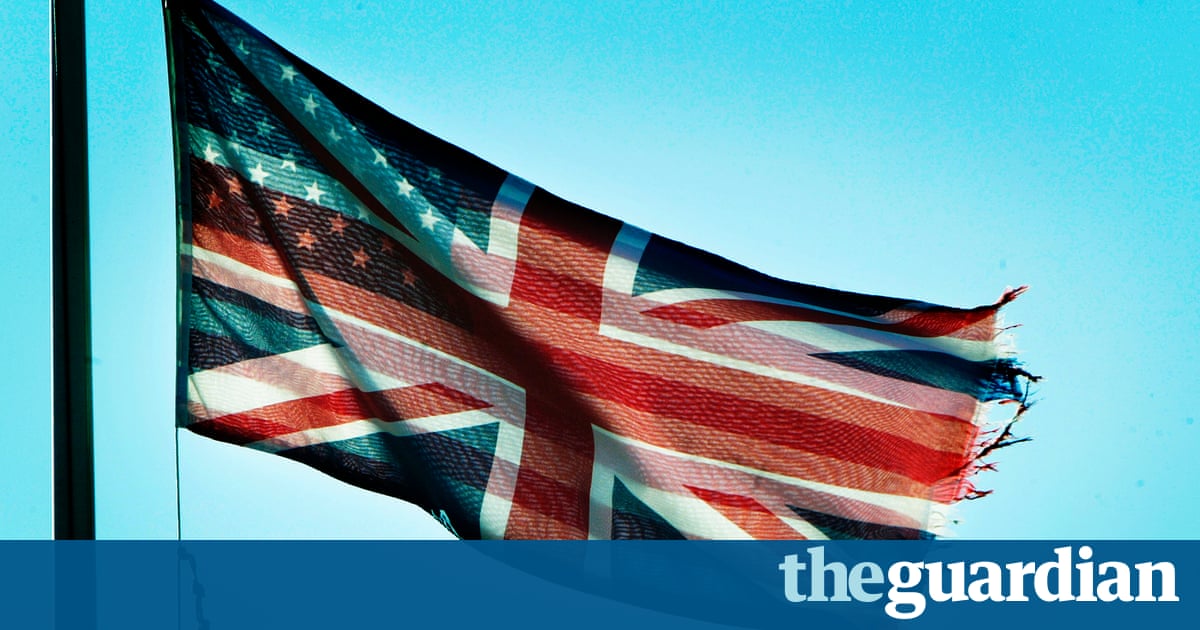A UK trade deal with Trump? Be careful what you wish for

An agreement with the US could instantly shatter the Brexiters dream of taking back control, limiting sovereignty in key areas

Donald Trumps promise of an early US-UK trade deal has been greeted with relish by those hoping Britain will take back control when it leaves Europe. But the history of transatlantic trade talks suggests it could lead to the opposite: swapping one diminution of sovereignty for another.
If this happens, there could be an even greater set of compromises involving everything from drug prices and food safety to yet more distant legal jurisdiction.
The logical starting point for any negotiation is likely to be the stalled Transatlantic Trade and Investment Partnership (TTIP) deal between the US and the EU. Backed by the British government, it was controversial among many campaigners in the UK and Europe, because it was seen a template for how multinational businesses wish to erode national regulations in favour of a more unfettered market access.
For a small market like the UK with higher standards of consumer, employee and environmental protection than the US, a future trade deal is more likely to involve American corporations demanding that the British conform to their product standards than the other way around. This is likely to raise a string of issues in several areas:
Environment
Trump is deeply resistant to measures to tackle climate change and, judging from his own plans for the US Environmental Protection Agency, may have limited tolerance for other green rules if they are seen to get in the way of trade liberalisation.
If US energy companies successfully push for open access to the UK markets, it could harm the nascent renewable energy industry here. Similarly, American agriculture lobbyists will push for fewer restrictions on pesticide and herbicide use or the labelling of genetically modified organisms. If Britain resists, its farmers may simply get undercut by less-regulated rivals across the Atlantic.
Health
A big fear during the TTIP negotiations was that US insurers and health providers would undermine the NHS by pressing for open access to the UK market in medical care. A rushed trade deal with Trump may give ministers cover for their dangerous Brexit strategy but it will not hide the risk that this could be a Trojan horse for NHS privatisation, warned the shadow health secretary, Jonathan Ashworth on Monday.
Drugs
Without other European voices to provide balance, an even bigger threat could come from an alliance of big pharmaceutical companies demanding that intellectual property rights for drugs are extended and that higher regulatory barriers are erected for generic alternatives. Trump has promised to tackle high drug prices but NHS finances would be devastated if UK costs ever come close to approaching those in America. What we would get is much the same as TTIP except without the tempering factors that come from other EU countries, said Jean Blaylock, policy officer at Global Justice, a campaign group that led resistance to TTIP. What we call consumer protection and environmental regulation, they call non-tariff barriers.
Farming
Another area of consumer protection where there is a big gap between British and US standards is in farming. Many US beef exporters will not be able to benefit from newly-liberalised UK markets unless they succeed in bringing our rules closer to theirs on hormone-treated cattle. Similarly, as former deputy prime minister Nick Clegg has already warned, controversial US practices such as washing raw chicken in chlorine would appall many British shoppers. That is to say nothing about the future of small-scale British farming if it has to compete head-on with the vast prairies of the US midwest.
Disputes
Trade lawyers often point out that international deals, especially covering non-tariff barriers in services, are worthless without some arrangement for dispute resolution. In the EU single market, aggrieved parties can ultimately appeal to the European court of justice for redress much to the chagrin of whose would prefer UK courts were in charge. Most modern trade deals, such as TTIP or the Canadian CETA deal, propose so-called investor courts instead, where companies seeking to sue national regulators receive arbitration from secretive panels of commercial lawyers rather than public courts. A UK government seeking, for example, to tackle City bonuses or financial stability in future may find it needs to check with Washington first rather than Brussels.